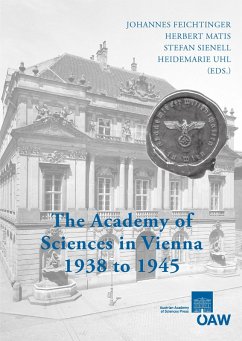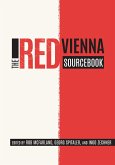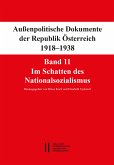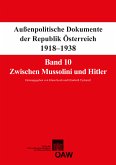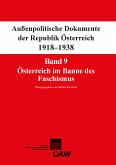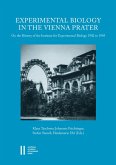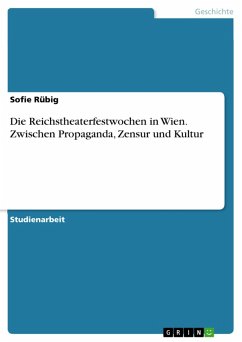In 2013, the Academy is using the 75th anniversary of the "Anschluss" in March 1938 as an occasion to present an exhibition and to publish a catalog investigating the reactions of the Academy to the Nazi power takeover, the Academy's involvement in the Nazi domination apparatus, and the impact this had on the postwar period. New research findings allow a profound insight into the personnel and institutional structure of the Academy as well as its scientific focus during the Nazi era. The "Anschluss" of Austria by the National Socialist German Reich in March 1938 marked a profound turning point for the Academy of Sciences in Vienna. With the Nazis' seizure of power, Academy members and staff members were forced to leave for political and "racial" reasons. They were persecuted and expelled; they died in Nazi concentration camps. Organizations like the Institute for Radium Research, the Vivarium, and the Phonogram Archive lost their key research personnel; worldwide pioneering research programs and international research collaborations were broken off. Under the Academy's new Nazi leadership, the learned society's autonomy was reduced and research projects in the support of Nazi ideology were carried out. The year 1945 was not a "zero hour." In addition to breaks, there were also continuities in the research institutes as well as the association of scholars. In dealing with Nazism, the Academy took an ambivalent stance: In the early postwar period, the membership of former Nazis was provisionally suspended. A few years later - pursuant to the Amnesty Law of 1948 - practically all former Nazi party members, even high-ranking officials, were re-admitted as members.
Dieser Download kann aus rechtlichen Gründen nur mit Rechnungsadresse in A, B, BG, CY, CZ, D, DK, EW, E, FIN, F, GR, HR, H, IRL, I, LT, L, LR, M, NL, PL, P, R, S, SLO, SK ausgeliefert werden.

